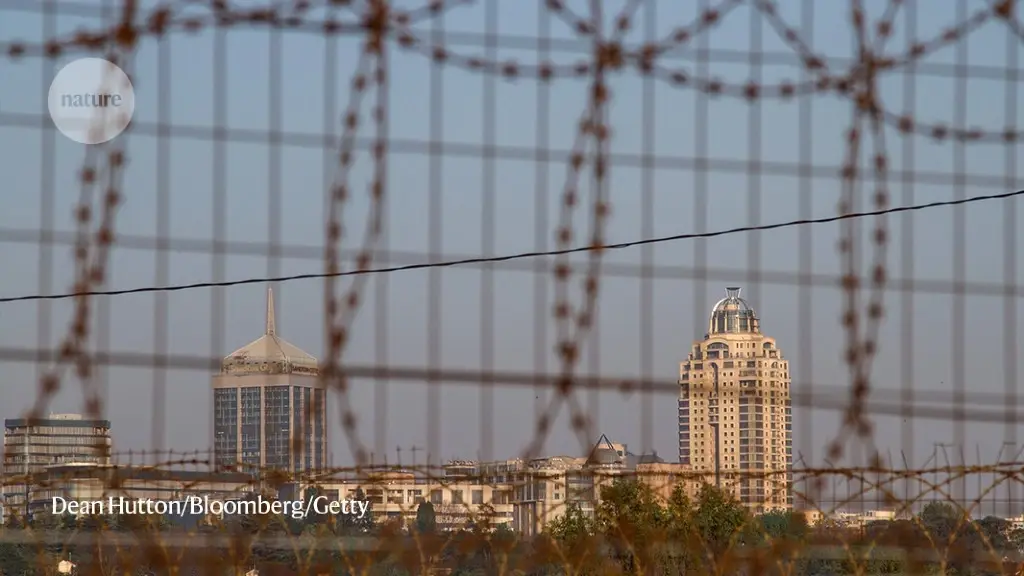The COVID pandemic knocked back progress towards improving public health. Without addressing the underlying social and economic causes of ill health, it could completely stall.
The past few years have not been easy on the world’s health-care systems. When the United Nations set its Sustainable Development Goals (SDGs) in 2015, the threat of a pandemic sweeping the world would not have registered with most people.
Nature 619, 221 (2023)



Completely agree with that quote, but the current trajectory here in the US is back to a feudalistic model with corporations and billionaires owning all of the property. There needs to be a massive shift in how society views resources (money, property, time) and the social contract (what a government must provide for its citizens) before we can get back on track.
The billionaires know this all too well. They are combating any changes by funding a constant DDos attack and limit any time available for legitimate legislative agenda passing through the Senate and House. It isn’t about the ridiculous nonsense that keeps coming up. It is about the time it takes to address the nonsense.